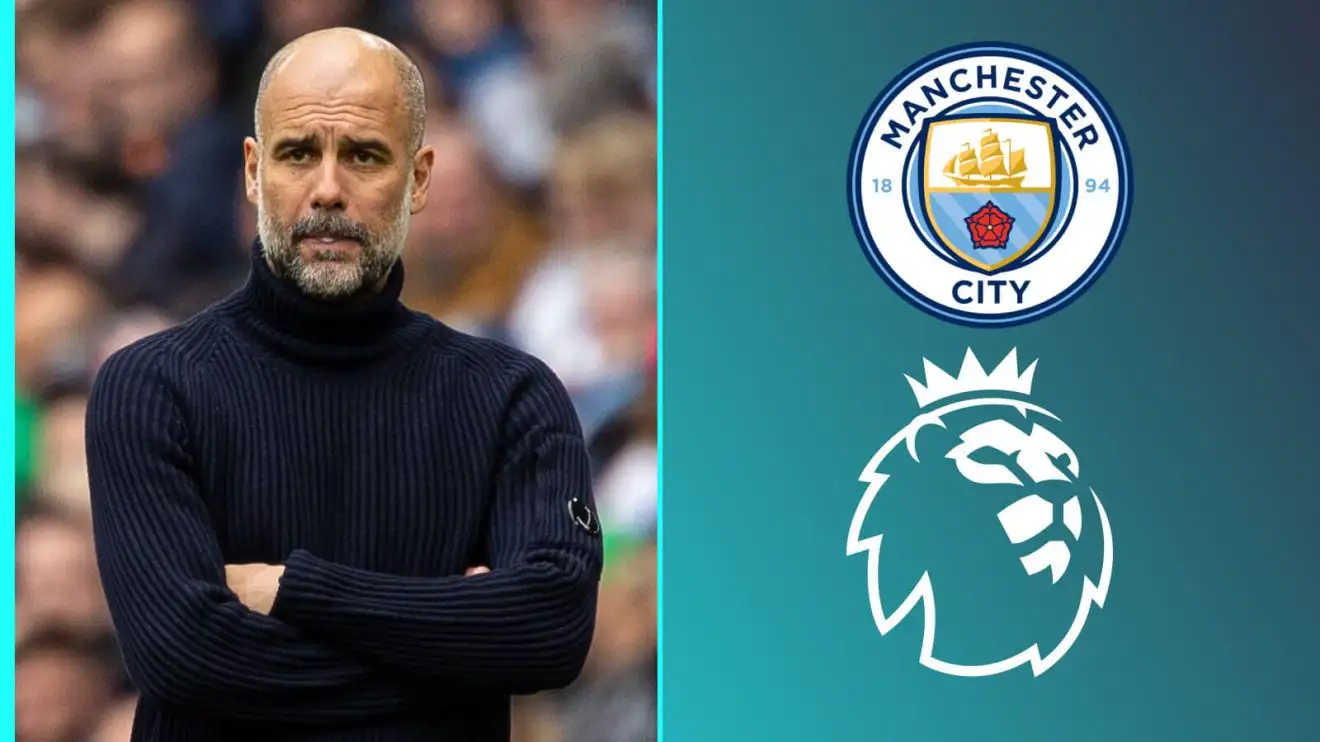
The controversy surrounding Manchester City’s alleged breaches of financial fair play (FFP) regulations has reignited a fierce debate over integrity, accountability, and appropriate consequences in football. With mounting accusations and 115 reported FFP infractions to their name, the question remains: what is the proper course of action should City be found guilty? Sparky’s detailed analysis of potential penalties touches on key points that deserve serious consideration. While differing perspectives exist on how to punish violations, one thing is clear—meaningful and consistent consequences are essential to preserve the integrity of the Premier League and set a firm precedent for all clubs.
### The Case for Stripping Titles
A contentious but necessary step, in the eyes of many, would be stripping Manchester City of their titles if proven guilty of financial misconduct. As Sparky points out, keeping those titles under a cloud of suspicion is a disservice to the sport’s credibility. True, retroactively awarding titles to runners-up may feel hollow and devoid of the euphoria that comes from winning on the field. However, allowing City to retain titles won under allegedly fraudulent circumstances sends the wrong message—that breaking the rules is acceptable as long as you’re successful. Stripped titles would serve as a powerful statement, even if they are asterisked or vacated without new champions named, underlining the notion that achievements built on dishonesty cannot stand unchallenged.
### The Futility of Financial Penalties
Fines alone are unlikely to change the behavior of a club backed by state-level resources. For an entity as wealthy as Manchester City, a financial penalty, unless exorbitantly high, would be a mere slap on the wrist. Distributing any fines among the clubs most affected by their actions is an interesting idea, but the logistics would be fraught with challenges, akin to a “Post Office saga” of bureaucratic wrangling. Instead, punishment should be structured in a way that forces genuine accountability and has long-term ramifications on City’s standing and operations.
### Relegation and the Case for a Steeper Fall
Relegating City to the Championship may seem harsh but, as noted, it also carries risks of inadvertently punishing the lower-division clubs. However, a more radical solution would be to demote City to the very bottom of the league pyramid. This punishment would reflect the severity of their alleged offenses, aligning with precedents set by major footballing sanctions like those handed to Juventus in 2006 (Calciopoli scandal) and Rangers in 2012. Both clubs were found guilty of significant violations, leading to demotions that required rebuilding their legacies from the ground up. For City, such a punishment would signify a strong rebuke of sustained financial irregularities and reinforce the Premier League’s commitment to fairness.
### The Impact on Players and Fans
Understandably, relegation or harsh sanctions would bring collateral damage. Loyal fans, who had no control over alleged infractions, would feel punished, as would the hardworking staff. There may also be implications for players who knowingly or unknowingly received payments disguised in ways that breached regulations. While such outcomes might appear unjust, they reflect the reality faced by many clubs whose fortunes were ruined by mismanagement and bad ownership. Leeds United and Sunderland supporters can attest to the devastating consequences of financial malpractice, and City should be no exception.
### EPL’s Role and the Precedent of Italian Football
Badwolf’s suggestion to adopt Italy’s more proactive stance toward cheating resonates well. Despite its often-misrepresented reputation as a “league of cheaters,” Italy has taken decisive action against rule-breaking clubs. When caught, clubs face public scrutiny, title stripping, and relegation. Why can’t the Premier League adopt a similar approach? If City’s alleged actions are proven, the only fair and consistent response would be a harsh punishment, demonstrating that no one is above the rules.
### The Cost of Inaction
Failure to act decisively would have lasting repercussions for the Premier League. Clubs previously punished for less severe infractions would rightly question the fairness of their treatment, while others may view City’s leniency as a green light to push regulatory boundaries. The Premier League would lose any remaining credibility as a fair and just competition. Worse, it would reinforce the perception that large, wealthy clubs can bend or break rules with impunity, provided they spend enough to cover their tracks. The reputation of English football’s top division is at a turning point, and inaction risks undermining its global prestige and competitive integrity.
### Potential Solutions: Fair and Effective Punishments
Many options are on the table, each with its complexities and drawbacks. Stripping titles, relegation, and massive fines are all possibilities, but none can be executed in isolation without considering the broader impact. Lee’s suggestion for a £3 billion fine distributed among all leagues would certainly hit City’s finances hard, potentially disrupting their ability to continue unchecked spending. However, combining financial penalties with other measures—such as transparent auditing requirements and automatic penalties for non-compliance—would create a more comprehensive approach.
Moreover, the Premier League must close loopholes that allow financial evasions to fester. Greater transparency and stricter auditing protocols are necessary to ensure compliance with FFP regulations, discouraging clubs from flouting the rules.
### Conclusion
The fate of Manchester City, should they be found guilty of financial misconduct, holds implications far beyond a single club’s standing. It is a test for the Premier League’s integrity and commitment to enforcing its own rules. Meaningful punishment, consistency with past actions, and transparency are essential for restoring trust and demonstrating that no club, regardless of wealth and power, can operate above the law. It is time for the Premier League to take a stand that will resonate for decades to come and put to rest any doubts about its resolve to maintain fair competition.
Leave a Reply